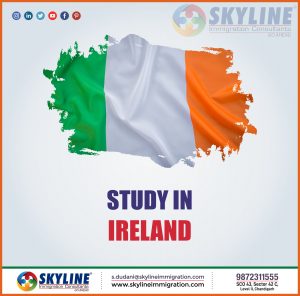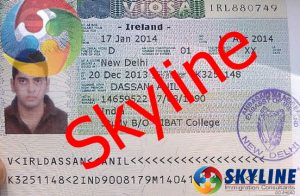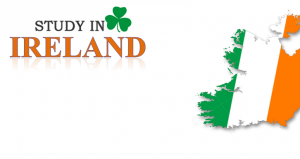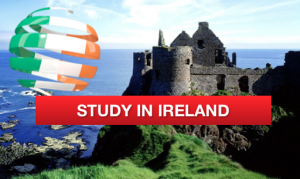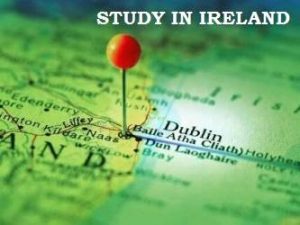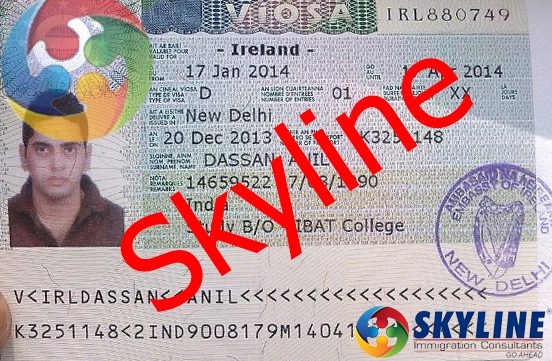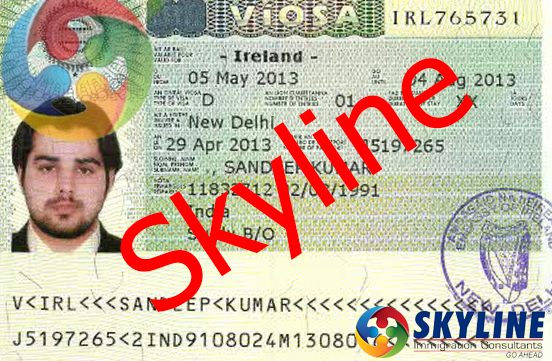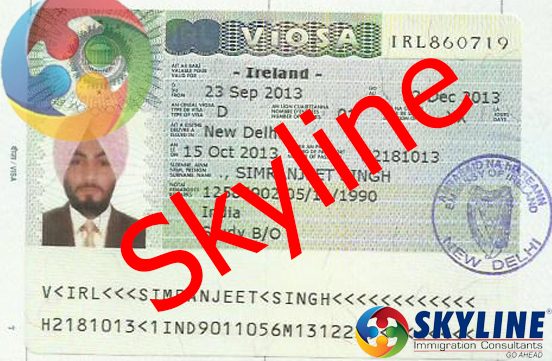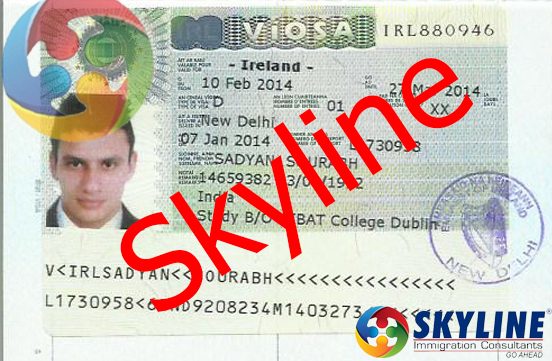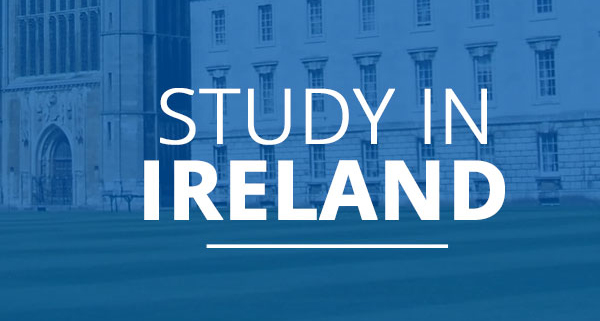Benefits of studying in Ireland
Ireland degrees are recognized worldwide
- Why Studying in Ireland: The main reason for Indians going in Ireland is to Study in Ireland, MBA in Ireland, Study abroad in Ireland as an English-speaking country with a long tradition of providing education for international students.
- There are many specialist centres at Irish universities and Institutes of Technology, which have cutting-edge facilities and technologies to provide the skills and training that students need for access to ‘high-value’ employment after graduation. Study in Ireland, Student visa Ireland, Student aborad in Ireland, Study visa for Ireland
- Ireland offers a modern and multifaceted education system, which combines the best parts of Ireland’s rich heritage with its thriving, technologically adept society and a unique perspective on the future.
About Country
Ireland is the third-largest island in Europe and the twentieth-largest island in the world. It lies to the northwest of continental Europe and is surrounded by hundreds of islands and islets. To the east of Ireland is Great Britain, separated from it by the Irish Sea. The island is divided between separate jurisdictions: the Republic of Ireland, which covers just under five-sixths of the island, and Northern Ireland, a part of the United Kingdom, which covers the remainder and is located in the northeast of the island.
Irish culture has had a significant influence on other cultures, particularly in the fields of literature and, to a lesser degree, science and education. A strong indigenous culture exists, as expressed for example through native sports, Irish music, and the Irish language, alongside a common Western culture, such as contemporary music and drama, and sports such as football, rugby and golf, and the English language.
Major Regions/ Cities
- Dublin
- Cork, Belfast
- Galway, Limerick
- Kilkenny
- Waterford
- Derry
Admission Timings:
INTAKE:
February, May, July & September
Part-time work during studies
Students are permitted to work in Ireland part-time up to a maximum of 20 hours per week.
Work opportunities after studies
Students may apply for a work permit in Ireland once they finish their degree course. After completing studies in Ireland, a student is entitled to get 6 months of Graduate Visa, which allows you to work full time and also look for a relevant job of their field.
English Requirement
A Minimum Score of 5.5 bands in IELTS for undergraduate studies at the college level is required from Indian students who wish to apply for a study visa for Ireland.
Undergraduate degree courses require at least 6.0 band overall for direct admission. Most of the postgraduate students are required to have 6.5 bands overall for admission.
An equivalent score in TOEFL is also acceptable.
Fee Structure
Tuition fees for 2009/2010 for undergraduate, non-E.U. students at a higher education institution are as follows:
Course Average Fees
Medicine and related €31,000 – €45,000
Engineering €9,100 – €20,300
Science & Technology €9,100 – €16,500
Arts & Humanities €9,100 – €15,500
Business €9,000 – €15,500
Tuition fees for 2009/2010 for postgraduate, non-E.U. students at a higher education institution are as follows:
Course Average Fees (Postgraduate)
Medicine and related €12,035- €37,000
Engineering €9,150 – €18,000
Science & Technology €9,150 – €18,000
Arts & Humanities €8,900 – €20,000
Business €9,150 – €18,800
On average a student will spend between €6000 and €10,500per year depending on location and lifestyle.
Scholarship/ Bursaries
Some universities provide scholarship for research programs.
Disclaimer: This guidance is for students interested in studying abroad in a particular country. It is only a guide for which information is taken from various relevant websites. It aims to answer some common questions. Visitors are recommended to contact the office for most updated information.


